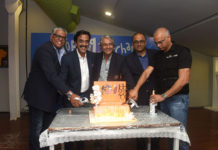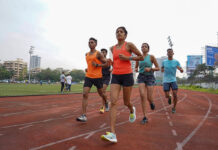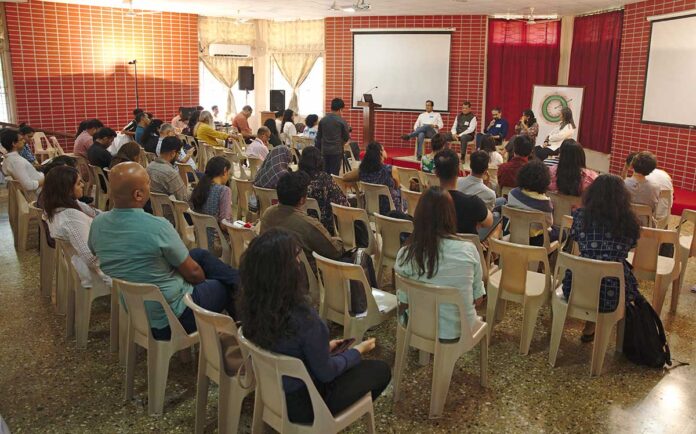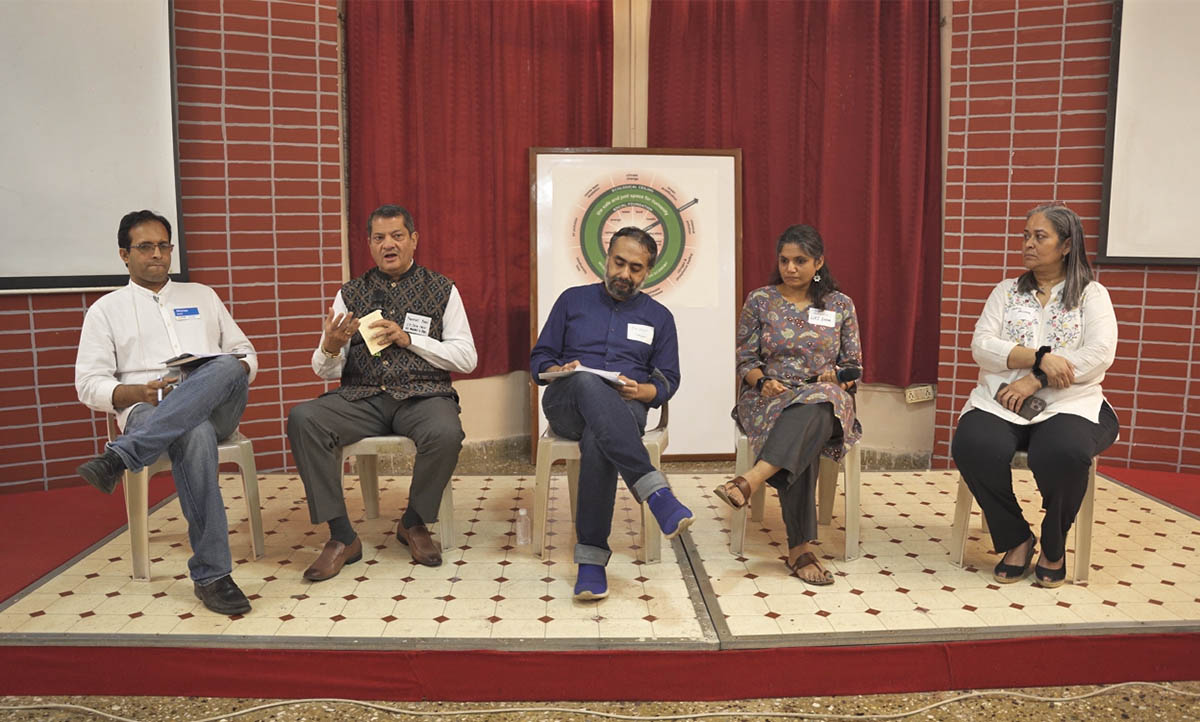Globally, several cities are embracing the idea of donut economics to create sustainable and liveable neighbourhoods. It’s a vision to stay within planetary boundaries while ensuring resource management. It’s a pathway for cities to move away from rampant overuse of resources and to embrace more sustainable and restorative practices. Carrying forward this vision, like-minded urban professionals, environmental scientists, sustainability practitioners and members of civil society have come together to create a Donut CoLab in Mumbai. The Mumbai Donut CoLAB aims to use the Donut Economics Model and System Dynamics methodology to create a collective action movement to improve the quality of life of everyone in Mumbai, sustainably and responsibly.
Donut economics is the idea developed by Dr Kate Raworth from the University of Oxford which is a framework for sustainable development. It is shaped like a doughnut and combines the concept of planetary boundaries with the complementary concept of social boundaries. Several cities in Europe including Amsterdam, Brussels, Copenhagen, Berlin, and Cambridge are experimenting with the Doughnut model with a focus on regenerative development in their efforts to tackle the climate crisis and ecological collapse. Like the Sustainable Development Goals (SDGs), the Donut Economics model covers a range of social, economic, and environmental factors, with the goal of achieving sustainable development. Unlike the SDGs, Donut Economics makes it easier to visualize the current state and monitor progress, through its simple visual representation.
With a vision to create a regenerative future for Mumbai, Mumbai Donut CoLab was launched on December 2, at the Retreat House in Bandra West. The CoLab is led by LEAP Cities (Leadership, Excellence And Partnership for Cities) and FISH (the Foundation for Inclusive and Sustainable Habitat). The inaugural ceremony had an exhibition on donut economics followed by talks by urban practitioners and a panel discussion with experts from diverse fields including academia, NGOs, political space, and urban research organizations. The panel discussion saw thought-sharing by Anupam Yog (XDG Labs), Anna Biswas (Forum for the Future), Ingrid Srinath (previously CRY and Co-Impact), Prabhat Pani (SPJIMR), Lubaina Rangwala (WRI) and Sundeep Narwani (AAP). The session had participants from different walks of life yet connected by a common wish to build a sustainable and resilient Mumbai.
According to Manas Rath, who leads the LEAP Cities, “We are committed to collective action and long-term systemic change by bringing NGOs, businesses, citizens, startups, media and governments together with the goal of ‘bringing Mumbai into the Donut,’ into the zone of sustainable prosperity to improve the lives of each of the 20 million people who live and work here.”
Over the next year, the CoLab plans to build collaborative action with a strong core group of partners and hold a series of dialogues and discussions to explore how to best leverage and align the talents and resources in this city, to create a better future. There will also be community events to broaden engagement and support. Follow LEAP Cities for more information and to join the Mumbai Donut CoLab.
References: Raworth, Kate (2012). A Safe and Just Space for Humanity: Can We Live within the Doughnut? (PDF). Oxfam Discussion Papers.























